Program

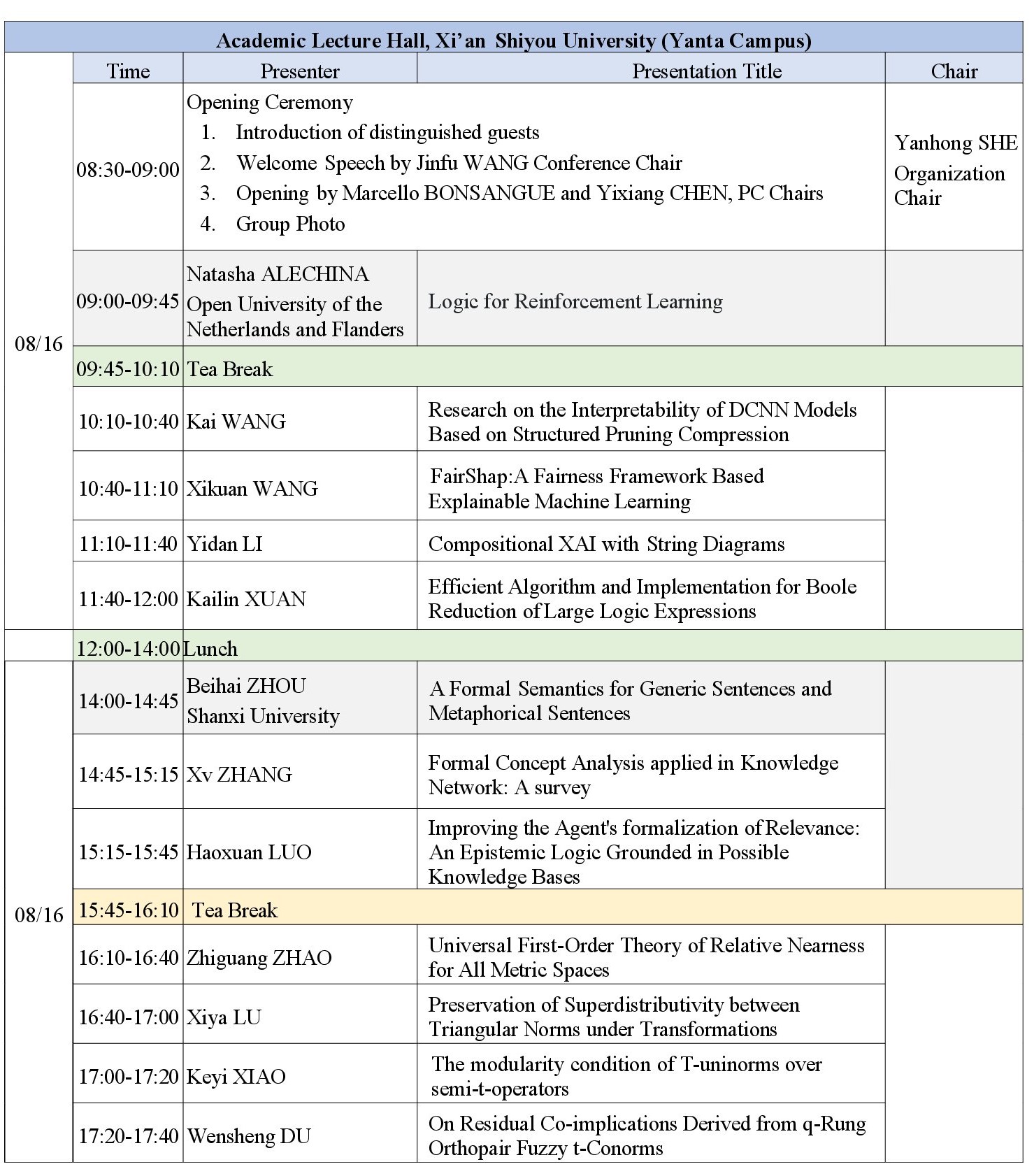
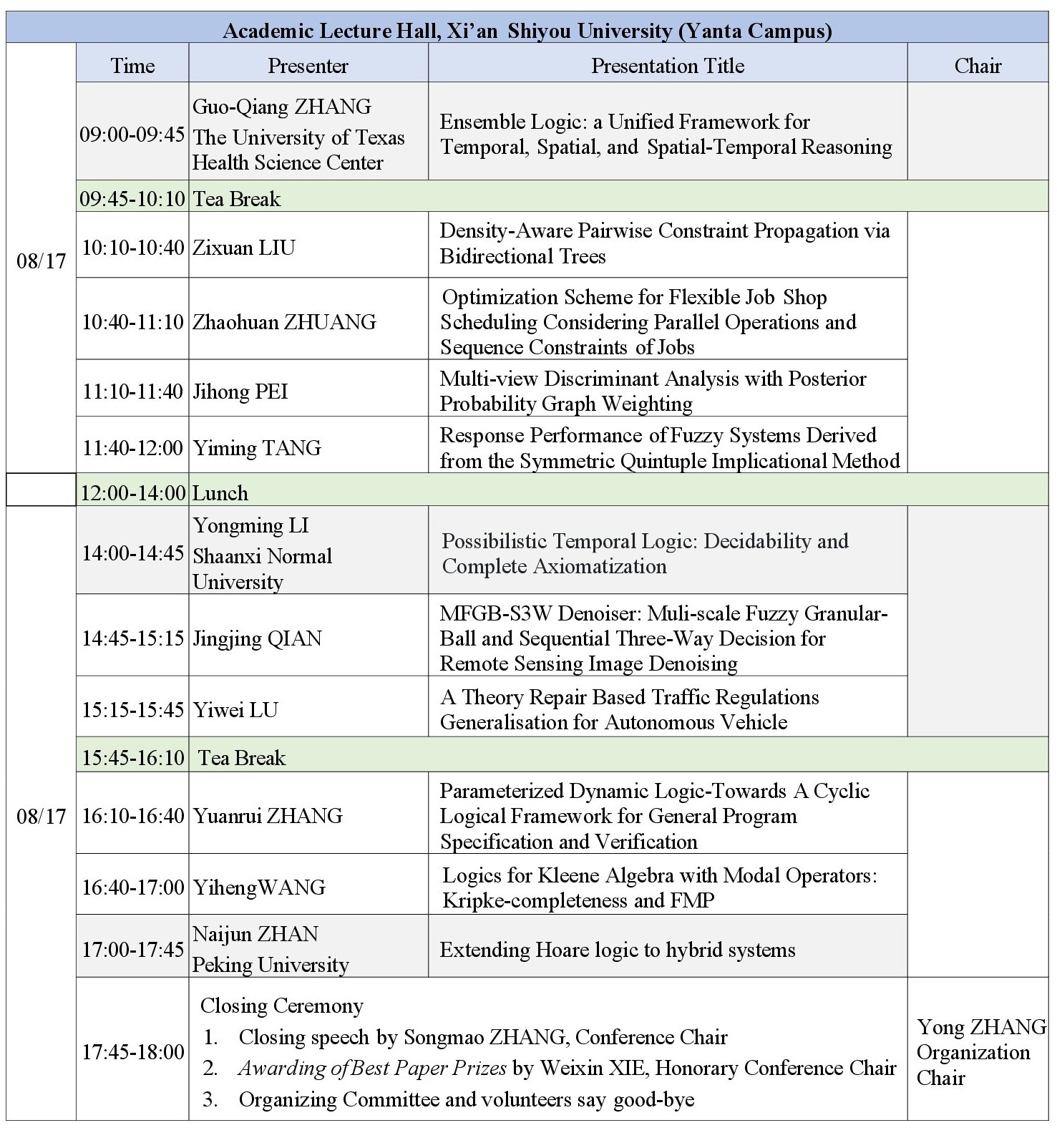
August 16-17, 2025
The AILA 2025 conference will take place on August 16–17, 2025 in Xi’an, a renowned ancient city in Shaanxi Province, China. The event is locally organized by Xi’an Shiyou University ( website ).
AILA is a well-established series of conferences, with previous editions held in Dalian (2021), Shanghai (2022), Changchun (2023), and Lanzhou (2024). For more information on the past editions, visit the official conference series website: ailasym.com .
Logic is a fundamental cornerstone of Artificial Intelligence (AI), underpinning its foundations and enabling advancements in fields such as decision-making, fraud detection, cybernetics, and precision medicine. It ensures sound and complete reasoning, which is essential for AI applications.
The AILA conference series provides a platform for researchers to present and discuss novel ideas, original research findings, and practical experiences. The goal is to advance the integration of logic into AI research and applications, including its incorporation into machine learning models.
Full Paper
Submissions Due: April 30, 2025 May 25, 2025 (AoE)
Acceptance Notification: July 01, 2025 (AoE)
Camera-ready paper submission Due: July 15, 2025 (AoE)
Conference: August 16-17, 2025 (China)



Logic has been a foundation stone for symbolic knowledge representation and reasoning ever since the beginning of AI research in the 1950s. Besides, AI applications often make use of logical approaches, including decision making, fraud detection, cybernetics, precision medicine, and many more. With the prevailing of machine learning and deep learning, combining logic-related structures is becoming a common view so as to take advantage of the diverse paradigms. This conference aims to provide an opportunity and forum for researchers to share and discuss about their novel ideas, original research achievements, and practical experiences in a broad range of artificial intelligence logic and applications. AILA 2025 covers a broad spectrum of topics, including but not limited to:
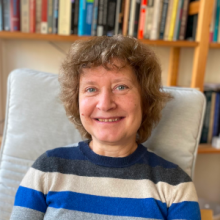
Title: Logic for Reinforcement Learning
Natasha Alechina
Open University of Netherlands and Flanders
Abstract:
Temporal logic is increasingly used in Reinforcement Learning to give a declarative specification of a task to be learned (and avoid problems with reward gaming and other challenges of reward functions) and to specify declarative constraints on agents’ behaviour (in particular, safety constraints). I will talk about recent work in this area.
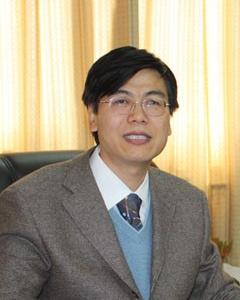
Title: Possibilistic Temporal Logic: Decidability and Complete Axiomatization
Yongming Li
Shaanxi Normal University
Abstract:
Possibilistic computation tree Logic (PoCTL) is one kind of branching temporal logic combined with uncertain information in possibility theory, which was introduced in order to cope with the systematic verification on systems with uncertain information in possibility theory. There are two decision problems related to PoCTL: the model checking problem and the satisfiability problem. The model checking problem of PoCTL has been studied, while the satisfiability problem of PoCTL was not tackled. One of the purpose of this talk is to study the satisfiability problem of PoCTL. We show that the satisfiability problem of PoCTL is decidable in exponential time. Furthermore, we give a complete axiomatization of PoCTL, which is another important inference problem of PoCTL.

Title: Extending Hoare logic to hybrid systems
Naijun Zhan
Peking University, School of Computer Science
Abstract:
In this talk, I will talk our efforts on extending Hoare logic to hybrid systems, named hybrid Hoare logic, including two versions: a DC-based version and and a generalized version without DC. I will briefly introduce the DC-based version, and mainly focus on the second version. I will explain why we need a generalized version, and present its proof system, the soundness and discrete and continuous relative completeness of the proof system, the implementation of an interactive theorem prover based on Isabelle/HLL called HHLProver, the automation of HHLProver, and finally introduce some applications with the logic and its prover.
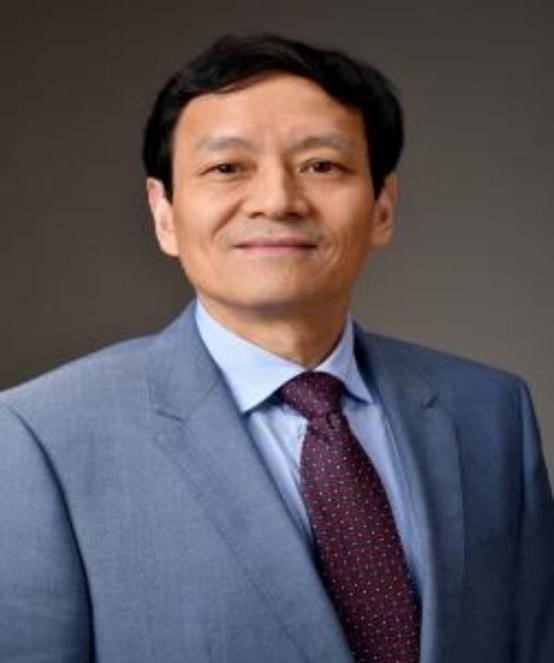
Title: Ensemble Logic: a Unified Framework for Temporal, Spatial, and Spatial-Temporal Reasoning
Guo-Qiang Zhang
The University of Texas Health Science Center at Houston
Before joining UTHealth, he served as the inaugural director for the Institute for Biomedical Informatics, chief of the Division of Biomedical Informatics, and associate director for the Center for Clinical and Translational Science (CTSA) at the University of Kentucky. He spent prior years as a faculty member at the Case School of Engineering and School of Medicine, at Case Western Reserve University, where he created its Division of Biomedical Informatics in the School of Medicine while serving as its CTSA informatics core director.
GQ Zhang received his Ph.D. in Computer Science from Cambridge University. His research work and interests span data ecosystems and big data, biomedical ontology development and quality assurance, clinical and research informatics, and data coordination systems for prospective metadata management in national consortia, such as the latest, on-going NIH BRAIN Initiative Cell Atlas Network (BICAN). He has launched a research program called Logic-based Phenotyping, a formalized mathematical approach for temporal phenotype representation and reasoning using an expressive and purpose-fitting framework called Temporal Ensemble Logic. His work has been funded by research awards from the National Institutes of Health (NIH) and the National Science Foundation (NSF) of the United States.
Abstract:
I introduced Temporal ensemble logic (TEL;
arXiv:2408.14443
) a year ago to fill a gap in formal languages for capturing phenotypes in biomedicine. TEL combines first-order logic and modal logic constructs as primitives in a novel setup that is more expressive than existing linear-time temporal logic. In this presentation I will cover the latest development in this area, with motivating examples and expressiveness results in terms of language classes and undecidability properties, and introduce Ensemble Logic (EL) as a generalized, unified framework for (1) temporal, (2) spatial, and (3) spatial-temporal reasoning on any mathematical space consisting of a monoid with a distance measure or an order relation,
such as real numbers (
ℝ
), integers (
ℕ
), and Euclidian spaces (
ℝn
).
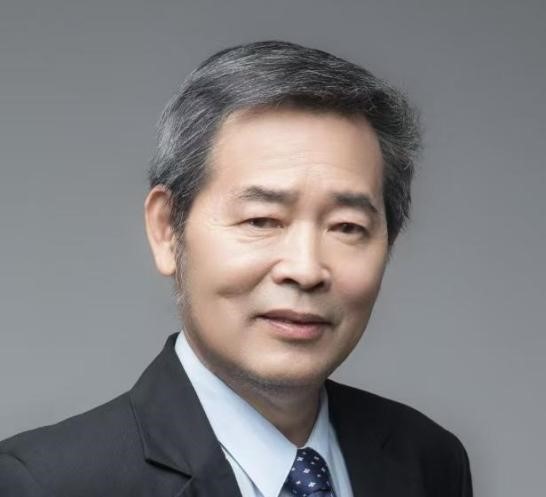
Title: A Formal Semantics for Generic Sentences and Metaphorical Sentences
Beihai Zhou
School of Philosophy, Shanxi University
Abstract:
Generic sentences are sentences such as “Birds can fly”. Generic sentences are sentences that express the characteristic attributes of things. They are universal and at the same time tolerate exceptions. This characteristic is one of the fundamental reasons for the non - monotonicity of reasoning. Therefore, the logic of generic sentences is also a non - monotonic logic. The formal characterization of the reasoning of generic sentences was first proposed by default logic. There are various different understandings of generic sentences, and multiple formal characterization schemes have also emerged. These understandings and characterizations all have their own problems. This study argues that generic sentences are sentences that express the connotations of everyday concepts, and based on this, a formal semantics for generic sentences is provided. The formal semantics of generic sentences has two aspects of significance: on the one hand, it is an intermediary connecting intuitive analysis and formal characterization. Starting from the basic understanding of generic sentences, through this intermediary, one can then move on to the formal characterization of the logic of generic sentences; on the other hand, there is a natural connection between generic sentences and metaphorical sentences. If a formal semantics correctly characterizes generic sentences, then it should be able to be extended to metaphorical sentences. It is precisely based on this view that the formal semantics of generic sentences provided in this study is then extended to metaphorical sentences. The success of this extension in turn confirms the rationality of understanding generic sentences based on everyday concepts.
Registration Hotel
Conference Registration Fees
| Full registration as a non AILC member | Full registration as an AILC member | Full registration as an AILC student-member | Full registration as a non AILC student-member | |
| Price Before 25 July, 2025 | 1,800.00(CNY) | 1,500.00(CNY) | 1,000.00(CNY) | 1,200.00(CNY) |
|---|---|---|---|---|
| Price After 25 July, 2025 | 1,900.00(CNY) | 1,600.00(CNY) | 1,100.00(CNY) | 1,300.00(CNY) |
| 名称: | 西安石油大学 |
| 地址、电话: | 陕西省西安市雁塔区电子二路东段18号 +86-29-88382475 |
| 开户行及账号: | 中国工商银行西安电子工业区支行 3700023209014488850 |
| 转账请务必备注: | AILA2025+姓名+单位+(Paper ID) |
Paper Submission
Authors are invited to submit their papers via EasyChair: EasyChair Submission Link. Submissions must:
Publication
All accepted papers will be published by Springer in the Communications in Computer and Information Science (CCIS)
series and will be indexed by El Compendex.
Selected distinguished papers, after further revision,
will be considered for publication in international journal of big data intelligence and SCI-indexed international journals,
including Information Sciences, Applied Sciences, and CMC - Computers, Materials & Continua.
Previous proceedings of AILA have been published by Springer as
CCIS 2248
, CCIS 1917
, and CCIS 1657.
More information about previous AILA proceedings could be found at
SpringerLink.
We look forward to your contributions and participation in AILA 2025 in Xi’an!
Luis Soares BARBOSA
Sanjiang LI
Weiru LIU
Ruqian LU
Meng SUN
Weixin XIE
Minghui XIONG
Guoqiang ZHANG
Songmao ZHANG
Minho University, PT
University of Technology Sydney, AU
University of Bristol, UK
Chinese Academy of Sciences, CN
Peking University, CN
Shenzhen University, CN
Zhejiang University, CN
University of Texas Houston, USA (Chair)
Chinese Academy of Sciences, CN
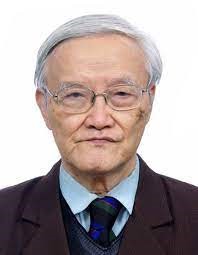

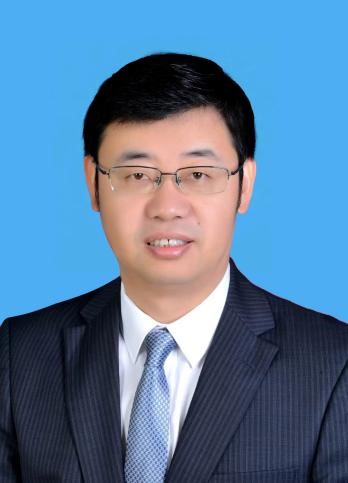
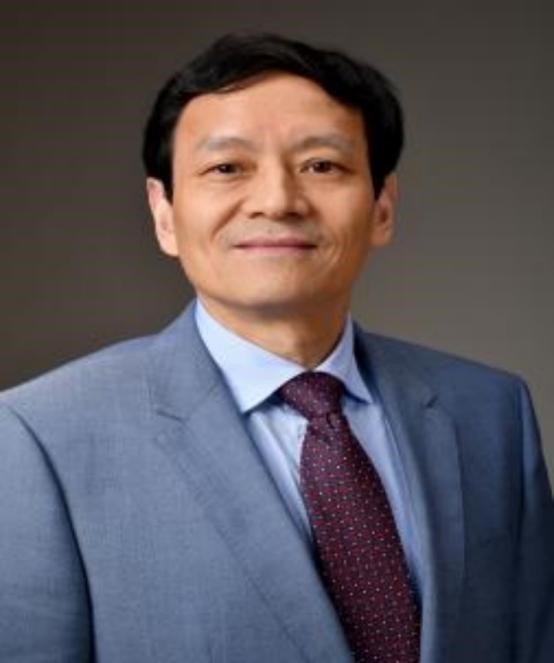
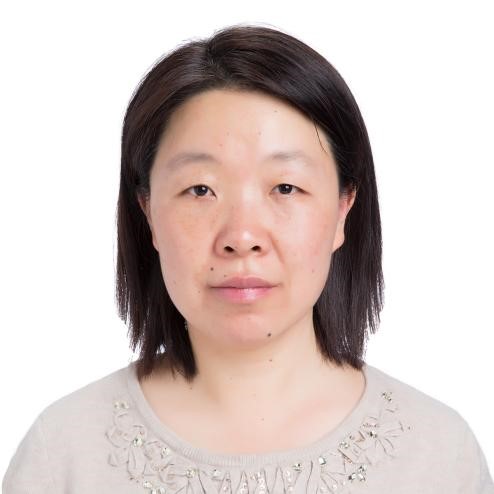

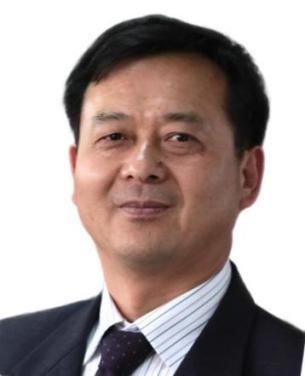
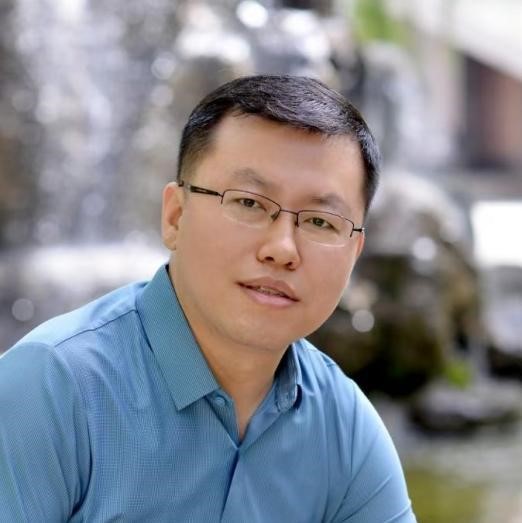
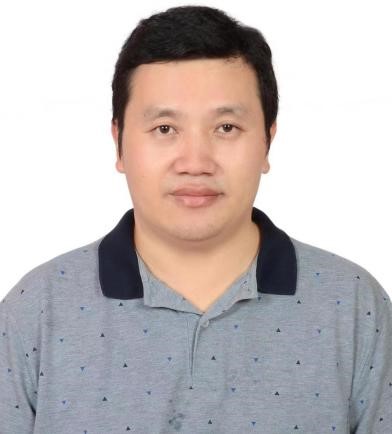
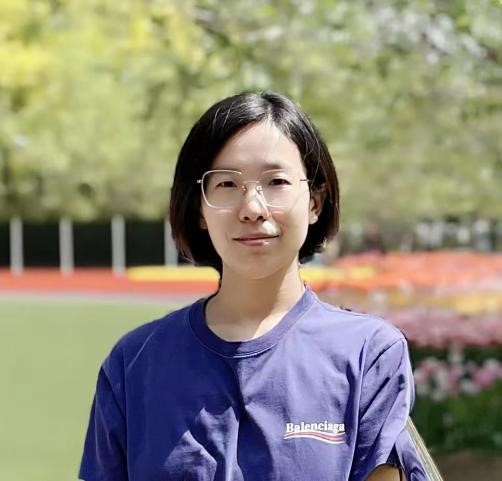
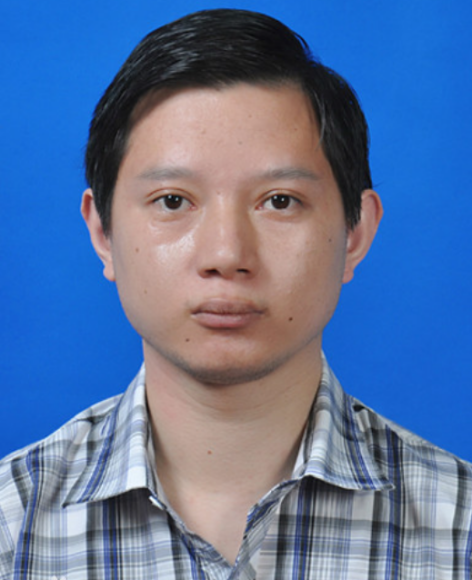
| Name | Affiliation | Email address |
|---|---|---|
| Alexandre Madeira | University of Aveiro, Portugal | madeira@ua.pt |
| Ana Ozaki | University of Bergen and University of Oslo, NO | ana.ozaki@uib.no |
| Beishui Liao | Zhejiang University, China | baiseliao@zju.edu.cn |
| Bin Wei | Zhejiang University, China | binwei@zju.edu.cn |
| Bin Zhao | Shaanxi Normal University, China | zhaobin@snnu.edu.cn |
| Chitta Baral | Arizona State University, USA | |
| Cungen Cao | Institute of Computing Technology, Chinese Academy of Sciences, China | cgcao@ict.ac.cn |
| Fengkui Ju | Beijing Normal University, China | engkui.ju@bnu.edu.cn |
| Fenrong Liu | Tsinghua University, China | fenrong@tsinghua.edu.cn |
| Guoqiang Li | Shanghai Jiaotong University, China | li.g@sjtu.edu.cn |
| Haiyu Pan | Guilin University of Electronic Technology, China | phyu76@126.com |
| Han Liu | The Hong Kong University of Science and Technology, HK | liuhan@ust.hk |
| Hans-Dieter Hiep | CWI and Leiden University, NL | hdh@cwi.nl |
| Heng Liu | Guangxi Minzu University, China | liuheng122@gxmzu.edu.cn |
| Hengyang Wu | Shanghai Polytechnic University, China | wuhengy_1974@aliyun.com |
| Hongwei Tao | Zhengzhou University of Light Industry, China | tthhww_811@163.com |
| Hongju Zhou | Shaanxi Normal University, China | hjzhou@snnu.edu.cn.com |
| Hongying Zhang | Xi’an Jiaotong University, China | zhyemily@xjtu.edu.cn |
| Huawen Liu | Shandong University, China | hw.liu@sdu.edu.cn |
| Hui Wang | Queen's University Belfast, UK | h.wang@qub.ac.uk |
| Jiahong Guo | Beijing Normal University, China | jiahong.guo@bnu.edu.cn |
| Jian Zhao | Changchun University, China | zhaojian@ccu.edu.cn |
| Jihong Pei | Shenzhen University, China | jhpei@szu.edu.cn |
| Juanying Xie | Shaanxi Normal University, China | xiejuany@snnu.edu.cn |
| Junsheng Qiao | Northwest Normal University, China | jsqiao@nwnu.edu.cn |
| Kaixuan Li | Nanyang Technological University, Singapore | Kaixuan.li@ntu.edu.sg |
| Kaiyun Wang | Shaanxi Normal University, China | wangkaiyun@snnu.edu.cn |
| Kristina Lerman | University of Southern California, USA | lerman@isi.edu |
| Leandro Gomes | University of Lille, France | leandro.rm.gomes@gmail.com |
| Li Zou | Shandong Jianzhu University, China | zoulicn@163.com |
| Liang Sun | Dalian University of Technology, China | lsun02@dlut.edu.cn |
| Lluis Godo | Artificial Intelligence Research Institute, CSIC, Spain | godo@iiia.csic.es |
| Luciano Serafini | Fondazione Bruno Kessler, IT | serafini@fbk.eu |
| Marcello.m.m.Bonsangue | Leiden University, The Netherlands | m.m.bonsangue@liacs.leidenuniv.nl |
| Maonian Wu | Huzhou University, China | wmn@zjhu.edu.cn |
| Meikang Qiu | Texas A&M University Commerce, USA | qiumeikang@gmail.com |
| Meng Sun | Peking University, China | sunmeng@math.pku.edu.cn |
| Michal Baczynski | University of Silesia in Katowice, Poland | michal.baczynski@us.edu.pl |
| Min Zhang | East China Normal University, China | mzhang@sei.ecnu.edu.cn |
| Nina Gierasimczuk | Technical University of Denmark, DK | nigi@dtu.dk |
| Oludayo Olugbara | Durban University of Technology, SA | oludayoo@dut.ac.za |
| Pablo Barceló | Pontifical Catholic University of Chile, Chile | pbarcelo@uc.cl |
| Qin Li | East China Normal University, China | qli@sei.ecnu.edu.cn |
| Renren Liu | Xiangtan University, China | lrr863@163.com |
| Rosa M Rodríguez | University of Jaén, Spain | rmrodrig@ujaen.es |
| Sanjay Modgil | King’s College London, UK | sanjay.modgil@kcl.ac.uk |
| Shifei Ding | China University of Mining and Technology, China | dingsf@cumt.edu.cn |
| Shuwei Chen | Southwest Jiaotong University, China | swchen@swjtu.edu.cn |
| Sonja Smets | ILLC - University of Amsterdam, NL | s.j.l.smets@uva.nl |
| Timothy van Bremen | Nanyang Technological University, SG | timothy.vanbremen@ntu.edu |
| Weizhuo Li | Nanjing University of Posts and Telecommunications, China | liweizhou@amss.ac.cn |
| Wenji Mao | Institute of Automation, Chinese Academy of Sciences, China | wenji.mao@ia.ac.cn |
| Xiaolong Jin | Institute of Computing Technology, Chinese Academy of Sciences, China | jinxiaolong@ict.ac.cn |
| Xiaoxuan Fu | China University of Political Science and Law, China | xfuuva@gmail.com |
| Yabin Shao | Chongqing University of Posts and Telecomunications, China | shaoyb@cqupt.edu.cn |
| Yanfang Ma | Changzhou Institute of Technology, China | mayf@cuz.cn |
| Yang Zhao | Shenzhen University, China | zhaoyangmaths@163.com |
| Yangyang Li | Academy of Mathematics and Systems Science, Chinese Academy of Sciences, China | yyli@amss.ac.cn |
| Yanhong She | Xi'an Shiyou University, China | yanhongshe@yeah.net |
| Yanhui Chen | Xi'an University of Electronic Technology, China | yhchen@mail.xidian.edu.cn |
| Yiming Tang | Hefei University of Technology, China | tym608@163.com |
| Yisong Wang | Guizhou University, China | yswang@qzu.edu.cn |
| Yixiang Chen | East China Normal University, China | yxchen@sei.ecnu.edu.cn |
| Yong Su | Suzhou University of Science and Technology, China | yongsu88@163.com |
| Yong Zhang | Shenzhen University, China | 110329@qq.com |
| Yonggang Zhang | Jilin University, China | zhangyg@jlu.edu.cn |
| Yuanrui Zhang | Nanjing University of Aeronautics and Astronautics, China | yuanruizhang@nuaa.edu.cn |
| Yun Shang | Academy of Mathematics and Systems Science, Chinese Academy of Sciences, China | shangyun@amss.ac.cn |
| Yun Xie | Sun Yat-sen University, China | xieyun6@mail.sysu.edu.cn |
| Yuxin Ye | Jilin University, China | yeyx@jlu.edu.cn |
| Zhongdong Wu | Lanzhou Jiaotong University, China | wuzhd@mail.lzjtu.cn |
| Zhu Wang | Sichuan University, China | wangzhu@scu.edu.cn |
Any inquiry about the conferrence can be sent to
Juntao Wang
aila2025@163.comWeb maintainer: Yifei Wang, East China Normal University.